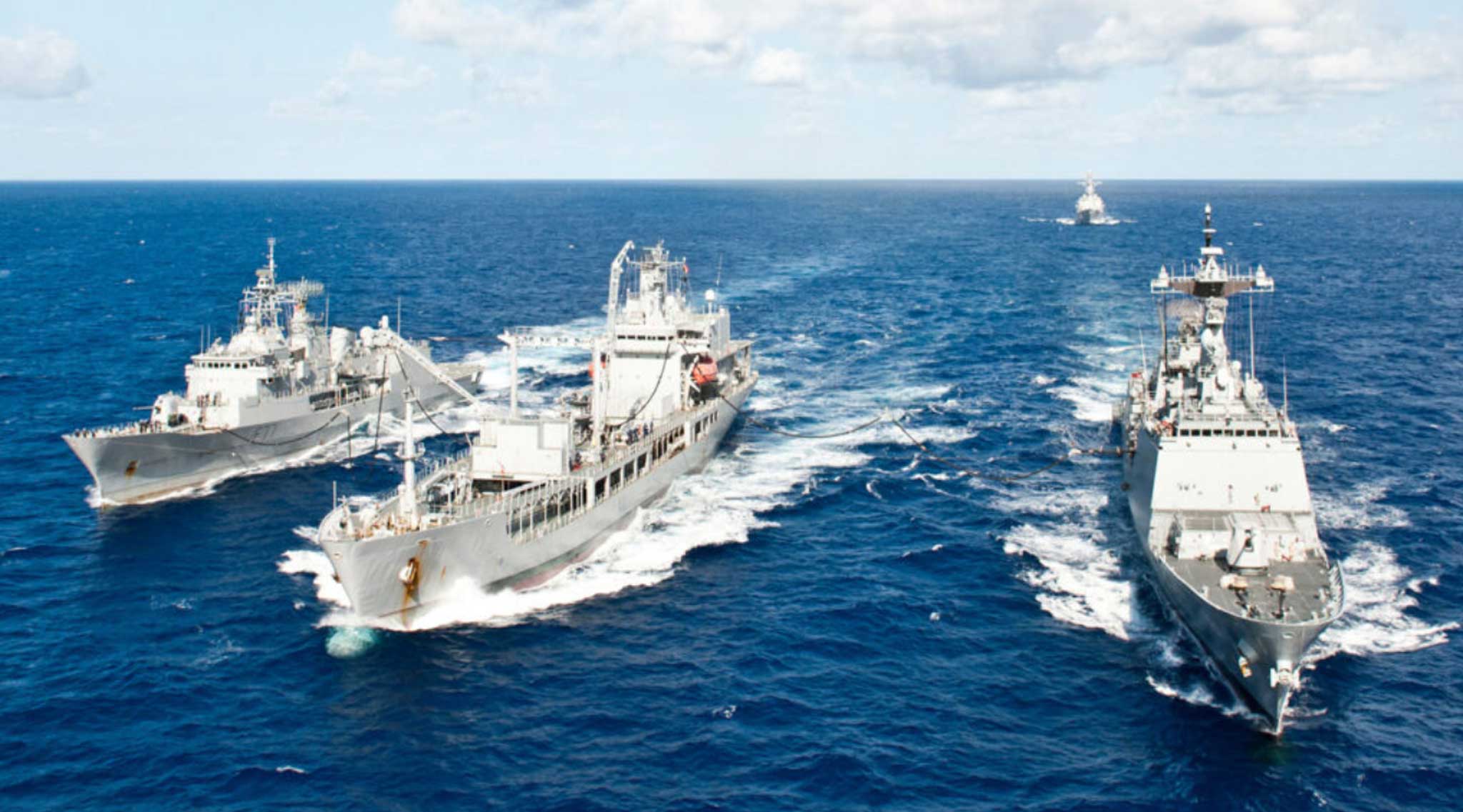New York: The Red Sea crisis has become a major threat to global trade and its impact on trade volumes will become visible in FY25, according to a report released by the Global Trade Research Initiative (GTRI), an economic think tank.
The crisis began when Houthi militants attacked civilian-operated cargo ships near the Yemeni coast in October 2023. Its impact is becoming increasingly apparent across industries and regions, the report said. The impact on India has been substantial, it added, as the country is heavily reliant on the Bab-el-Mandeb Strait for crude oil and LNG imports, and trade with key regions.
About 65% of India’s $105 billion of crude-oil imports in FY23 – from countries such as Iraq and Saudi Arabia – likely passed through the Suez Canal, it said. On overall merchandise trade with Europe and North Africa, about 50% of imports and 60% of exports, totalling $113 billion, may have used this route, the report added. “The crisis has particularly affected routes through the Suez Canal, which handles about 30% of global container trade,” it said.
With ships now forced to go around Africa’s Cape of Good Hope, transit times have increased by 30% and global container shipping capacity has dropped by about 9%, the report said. The conflict has also increased shipping costs by 40-60%, hiked higher insurance premiums by 15-20%, caused delays of 20 days or more due to rerouting, and increased the risk of cargo loss from piracy and attacks, it said.
The rising shipping and insurance costs, and delayed arrival of shipments will continue to disrupt global value chains, squeeze margins, and make exports of many low-margin products unviable from current locations, it said, adding that countries in Asia, Africa and Europe will face the most disruption. “With escalating daily attacks and no end in sight, the Red Sea crisis will adversely impact trade volumes in substantial ways in 2024,” the report noted.
GTRI founder Ajay Srivastav said, “Confectionery companies have been hit by high cocoa prices and shortages due to late deliveries from Africa, which have reduced their profits. The textile and leather industries, which operate on thin margins, are renegotiating shipping costs with buyers, impacting earnings. Car manufacturers are using different shipping routes to avoid delays.”
The International Monetary Fund (IMF) reported a 50% year-on-year drop in trade volume passing through the Suez Canal in the first two months of the year, while trade around the Cape of Good Hope surged by an estimated 74% from last year, it said.
“The crisis underscores the urgent need for comprehensive international collaboration. Exploring alternative maritime and land-based trade routes, such as the India-Middle East-Europe Economic Corridor (IMEC), could be key,” the GTRI report said. (courtesy: livemint.com)











